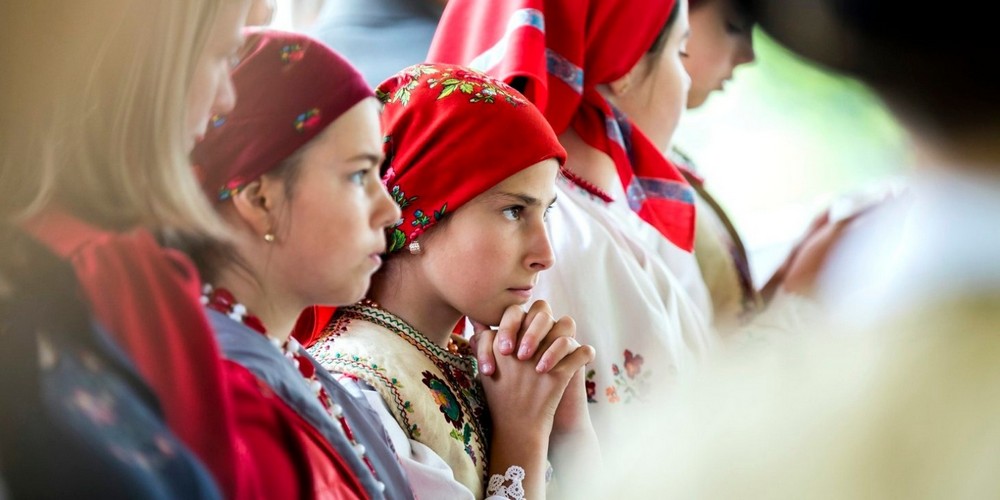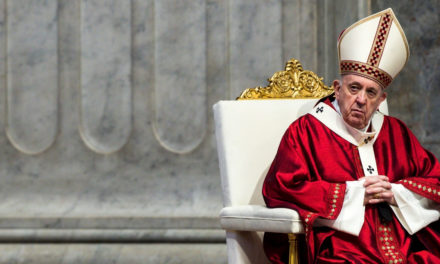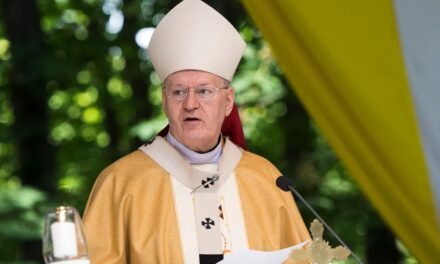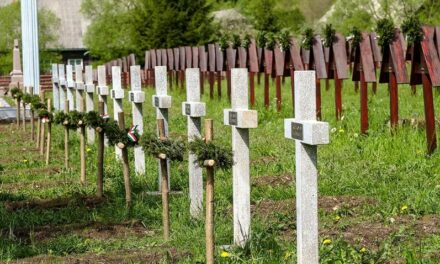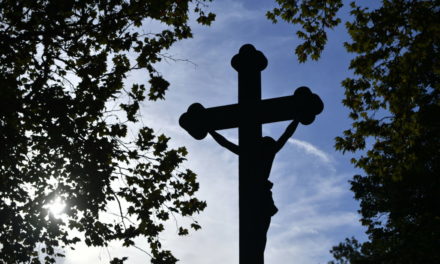The bishop of Jászvásár made a different decision, so the joy is mixed with joy.
On December 29, the regular Mass in Hungarian will begin in the Moldavian Pusztina, but according to the instructions of the Bishop of Iași, the Hungarian Mass must be held on the same day and time as the Hungarian Mass in Bákó, wrote the Transylvanian Krónika on Sunday.
Ethnographic researcher Tinka Nyisztor, president of the Pusztina Szent István Association, which has been fighting for the introduction of Hungarian-language masses in Csangóföld for decades, also expressed her concern to the portal that
the Pusztina mass must be held at the same time as the bákó, and this will divide the visitors of the Hungarian masses.
He recalled that the church council met on August 4 and accepted the introduction of regular Hungarian masses by majority vote. However, due to the tension in the village about starting a regular Hungarian mass, the initiators accepted the compromise that for the time being there would only be one mass per month.
He added that the date was accepted with the idea that the regular Hungarian mass must be started even under these circumstances.
and once everyone has gotten used to and accepted the new situation, it will be possible to move on to weekly Hungarian masses.
Parish priest Anton Diacu told Krónika that he asked for the start of regular Hungarian masses to be postponed until the end of the year because he felt the tension in the village regarding the issue. Now, however, the housewarming is a good opportunity to talk to all the families and listen to everyone's opinions. There are those who fiercely oppose the introduction of the Hungarian liturgy.
When asked if he was prepared for the Hungarian mass, he said: he served as a chaplain in Szatmárnémeti for four years and said mass in Hungarian. He added: his knowledge of Hungarian is not perfect, but he copes with the task.
Anton Diacu said: in addition, Hungarian mass is also held on special, festive occasions. The first of these will take place on January 7, the anniversary of the massacre in Madefalv. The people of Pustina settled in Moldavia after the Madéfalvi Disaster.
The Chronicle recalled,
in order for the church to have a more understanding attitude towards the faithful of Csangó, who still preserve their Hungarian identity, the visit of Pope Francis to Romania, as well as the change of personnel at the head of the diocese of Iași and the parish of Pusztina, were necessary.
Cover image: Illustration / Photo: MTI/Balázs Mohai

